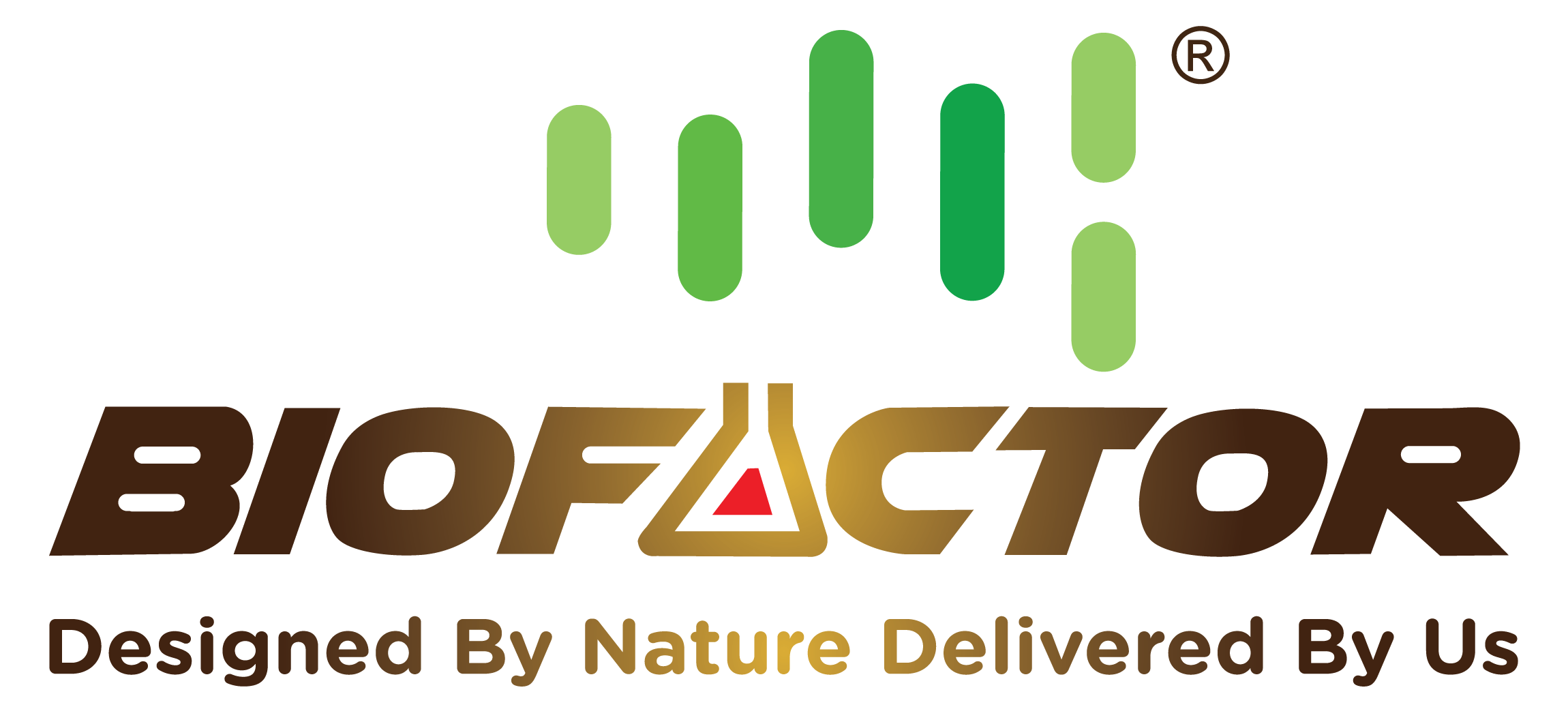Our Partners
Welcome to our Partners Page
At Biofactor, we celebrate the vital collaboration with a diverse range of partners that contribute to our mission of revolutionizing the agriculture, aquaculture, livestock, and poultry industries. Our partners are not only limited to human entities but also encompass an array of macrobes, microbes, and other living organisms that play critical roles in enhancing sustainability and productivity in the agricultural sector.
Macrobes :
Our partnership with macrobes, such as earthworms, beneficial insects, and pollinators, underscores our commitment to harnessing the power of nature in agriculture. Earthworms, renowned as soil engineers, improve soil structure, enhance nutrient cycling, and promote aeration, leading to healthier and more fertile soils. Beneficial insects, such as ladybugs and lacewings, act as natural pest controllers, reducing the reliance on harmful pesticides and fostering balanced ecosystems. Meanwhile, pollinators, including bees, butterflies, and birds, facilitate the reproduction of plants, ensuring bountiful harvests and supporting biodiversity conservation.
Microbes :
Microbes are our invaluable allies in the pursuit of sustainable agriculture and animal husbandry. Our partnership with beneficial bacteria, fungi, and other microorganisms highlights our commitment to unlocking their tremendous potential. Beneficial bacteria, such as rhizobia and mycorrhizal fungi, form symbiotic relationships with plants, enhancing nutrient uptake, improving stress tolerance, and promoting plant growth. Additionally, we collaborate with beneficial microbes in developing probiotics and effective biocontrol agents, which contribute to the well-being and health of aquaculture species, livestock, and poultry.
Living Systems :
Our partnership with living systems extends beyond macrobes and microbes. We recognize the interconnectedness of various organisms and ecosystems, and we actively seek to integrate sustainable practices that support biodiversity and ecological balance. By fostering diverse and resilient agroecosystems, we promote natural pest control, nutrient cycling, and soil health. We are committed to the principles of agroforestry, where trees and crops coexist, providing shade, windbreaks, and additional sources of income. Moreover, we embrace sustainable aquaculture practices that mimic natural ecosystems, contributing to both economic viability and environmental stewardship.
Research Institutions and Organizations :
Our collaborations with esteemed research institutions, universities, and organizations are vital in advancing knowledge and innovation in the field of biofertilizers and sustainable agriculture. By partnering with these esteemed entities, we gain access to cutting-edge research, novel technologies, and the latest advancements in agricultural science. Through joint research projects, knowledge sharing, and strategic alliances, we strive to continuously improve our products and services, and contribute to the broader scientific community.
Farmers and Producers :
We consider farmers, growers, and producers as our essential partners. By working closely with agricultural practitioners, we understand their needs, challenges, and aspirations. We provide tailored solutions, technical support, and training programs that empower them to adopt sustainable practices and maximize their productivity. Our collaborative efforts aim to create a more resilient, profitable, and environmentally conscious agricultural sector, benefiting farmers and the communities they serve.
At Biofactor, we are proud to collaborate with an extensive network of partners, including macrobes, microbes, living systems, research institutions, and farmers. Together, we are united by a shared vision of promoting sustainable and regenerative practices in agriculture, aquaculture, livestock, and poultry. By harnessing the power of nature and fostering meaningful partnerships, we believe in creating a future where food production is environmentally sound, economically viable, and socially responsible.


